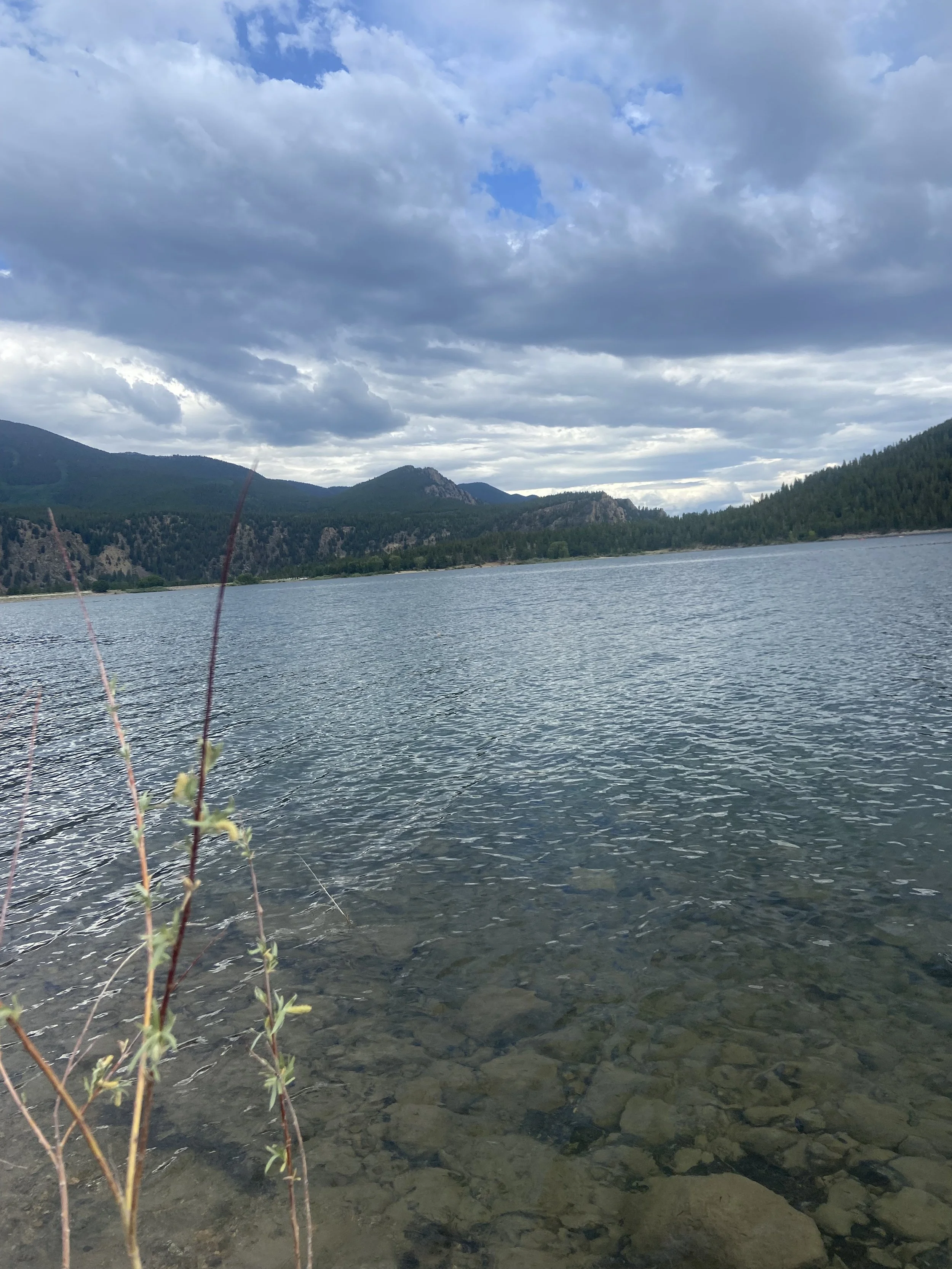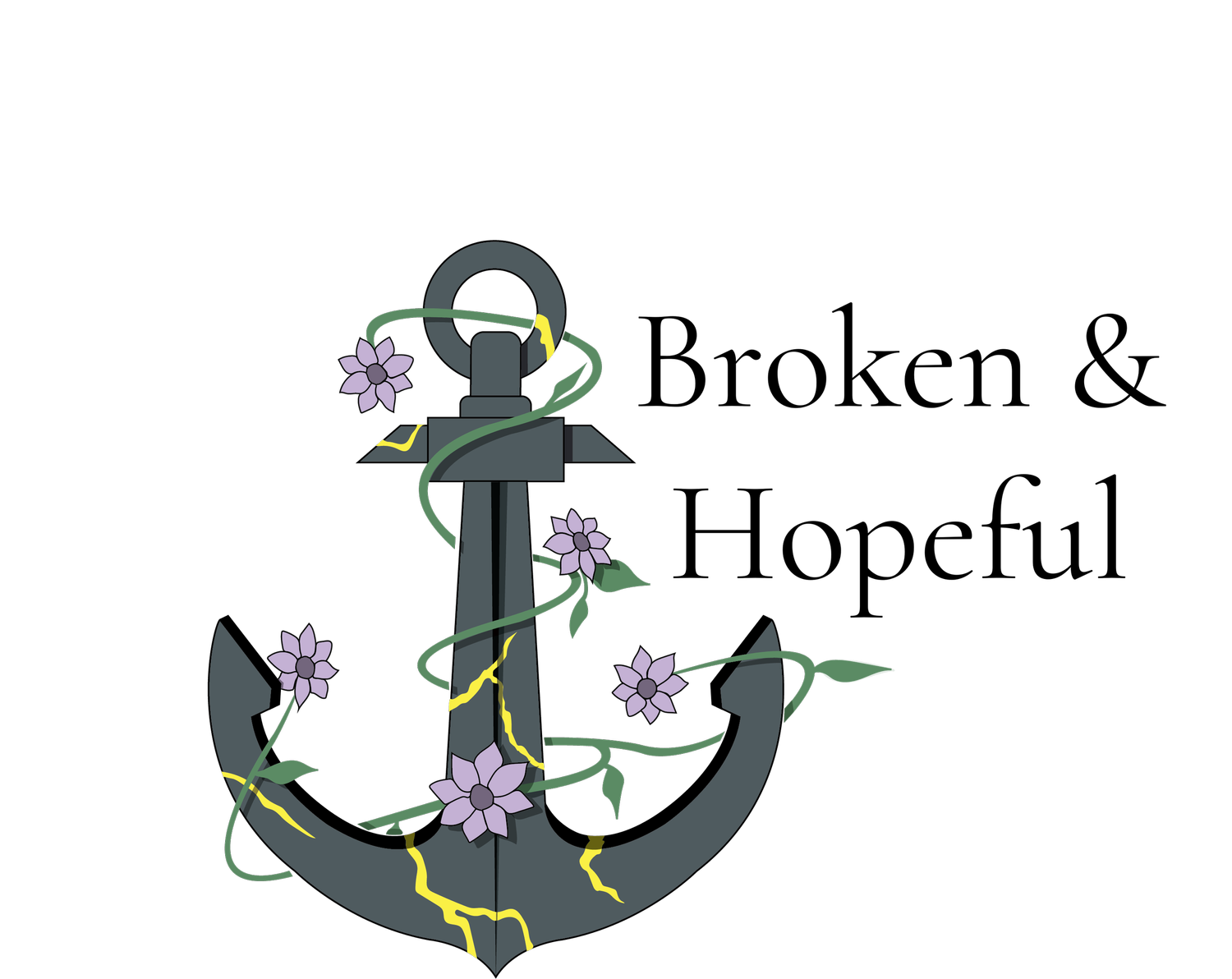A lot of people are talking about Lent right now, especially in terms of giving things up to focus on their relationship with God. I’ve never participated in this process, but this year I was caught off guard by a question from God about it.
I have recently seen many people posting about what 2016 was like for them, considering it’s 10 years ago now. So, I began to remember what that particular year meant to me.
2016 was a rough year. God was moving me, and I didn’t want to go. I had a 3-year-old and a 5-year-old, and no thoughts whatsoever about starting my own nonprofit and going it alone. I wanted sameness and the legacy I knew, and God was ready to push me into the deep end and show me He could carry me through.
I remember sitting by a fire on a camping trip in Moab with my family, begging God to change it. But also finally settling that if this was the new direction, I would know him more deeply in it. And boy, was that ever true.
I was choosing loss of security as I saw it, loss of the legacy I thought I was to carry, and loss of comfort. I was choosing to burn my future (as I had planned it in my mind) to the ground. And although I didn’t know it yet, I was choosing an adventure that would bless me in ways I could not imagine.

Have you ever thought about how loving yourself (which is commanded when Scripture several times says to love your neighbor as yourself) is actually an incredibly humble stance in life? Let me repeat that. Loving yourself is humble.
Here’s why I think so—I think you can only love yourself when you see who Jesus made you to be, and start to accept the love He has for you. Love is demonstrated, and He demonstrates this love all the time. The danger comes when we try to perform or deserve love. We try to measure our worth by what we do or how “good” we are. God doesn’t love us because we have measured up to a standard in some way. In fact, He says we all fell short of the standard. And yet. He still chose to love us.
When we fail over and over, we assume that God will get sick of us sometime. The problem is that He didn’t start with loving us because of our successes. He loved us before we loved Him—before we could see Him as anything but an enemy. He calls to us in love constantly, regardless of our behavior.

I never expected joy to be something I would have to go searching for. I grew up hearing that Christians should be joyful, that joy was something you choose, that joy was the proof that God was near. But somewhere along the way, joy became a word that didn’t feel connected to my actual life. I tried to smile, tried to be grateful, tried to be strong — but inside there was a quiet ache I couldn’t name.
This book was born out of that ache. Out of years of striving. Out of carrying shame without knowing that’s what it was. Out of feeling unseen, overwhelmed, and unsure of how to “choose joy” when everything inside me felt too tired to rise.
But then God met me in a way I didn’t expect — not with instruction, not with pressure, not with disappointment — but with a tender, lifting hand. With a voice that whispered, “Look up… let Me hold your face… let My delight be the truth you see.” It broke something open in me — something I didn’t even realize was still bracing for disappointment, still hiding behind downward eyes, still afraid to be seen.

A lot of things have not gone the way I hoped or expected this week, and I found myself frustrated and stressed. Usually when I have those emotions, it’s because I have decided I need to control a situation and I’m realizing that I can’t. I was talking to God about all of it, pouring out my worries, my fears and my feelings with all of it. His response has been similar with many things recently—Do you trust me?
I realize that often I don’t. Trust can actually be a sacrifice, as I’m laying down my plans, my way, my time and my illusion of control in order to receive His peace. What I want is an answer, a solution. But often what He invites me into is placing all of my cares in His hands as He tenderly cares for me. This is trust.
What He began to show me this week is how trusting is part of worship. It is saying that He is God and I am not. It is saying that I trust Him to be who He says He is, and to empower me to be who He made me to be as well. As we walk forward in sorting through the practical problems, we do it together. He never abandons me to just figure it out on my own. I do have to lay down my own way of doing things, though, for the better way He has.

I have been thinking about how Paul talks about “learning” contentment and being “trained” in the secret of overcoming all things in Philippians 4:11-13. Sometimes I have some sense that I’m supposed to just know how to be content, and then there is much self-criticism when I’m not. But I like Paul’s take on it—we get to learn contentment.
How do we learn it? By being trained in seeing things differently. Jesus keeps reminding us of who He is, His strength and power within us to accomplish anything. He also reminds us of who He has made us to be—conquerors in Him. But we don’t see these truths often when we are covered up by fear, worry, doubt and general discontentment with our lives.
I recently learned the meaning of the word “yadah” in Hebrew. The word means “give thanks” but not in a trite, flippant way. It implies the thrusting of hands up in worship, and is often used when people in the Old Testament are in the middle of a mess. Jonah uses it when in the belly of the whale, David when in danger, and others when they have not seen the victory or deliverance yet. There is a sacrifice that comes with praise, especially when you don’t feel like praising God in the middle of the difficulty.


